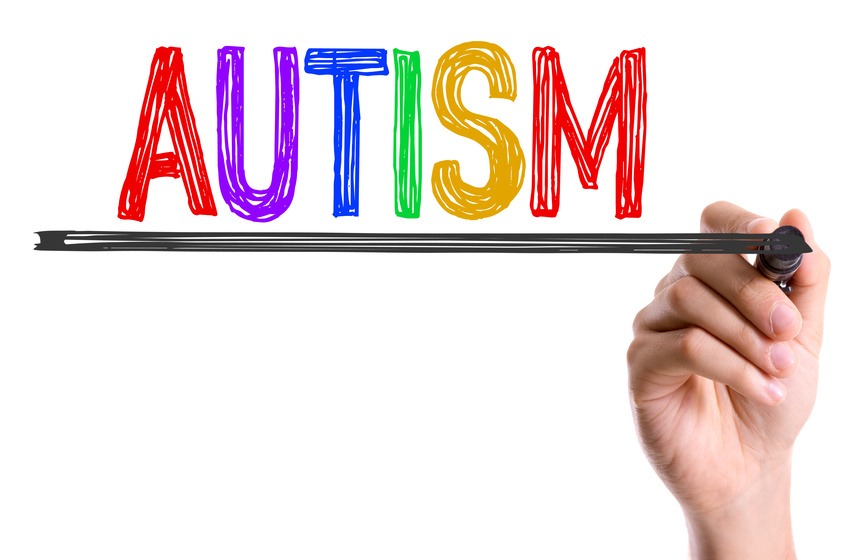Autism, a neural disorder characterized by impaired communication and repetitive behaviors, is typically diagnosed in children before the age of three.
Many specialists have posited that austism has a largely genetic basis. However, a new study says that gender may also increase or mitigate a child’s chances of having autism.
According to the study, girls who have autism disorder are generally less likely to exhibit repetitive behaviors. When first diagnosing autism, repetitive behavior is often the first trait reported and used for diagnosis; researcher and lead author of the study, Kaustubh Supekar feels that the findings may be due to the smaller amount of girls reported to have these repetitive behaviors.
“Our findings suggest a potential factor that may contribute to the relatively low proportion of females with autism,” Supekar said in an article in Newsmax. Repetitive behaviors can range from strict routines to repetitive bodily motions.
For the study, researchers broke it down into two parts, by looking at the data and comparing symptoms of 614 boys and 128 girls with autism, aged 7-13.
For the second part of the study, the researchers then studied and compared brain scans of children with autism and children without autism.
In both brain scans and lists of symptoms, repetitive behaviors were less prevalent in girls.
However, social and communication impairments were similar among boys and girls with autism spectrum disorders.
Although it’s one small study, Supekar hopes that the new findings will help to shape how children with learning disabilities in school — namely autism — are treated.
Generally speaking, when working with disabilities, an educator needs to create a program that provides specific help for children with autism or whatever disability is in question.
In the case of the study, Supekar believes that when working with learning disabilities like autism and school is involved, girls should have a more socialization and communication focused treatment and program. On the other hand, a boy’s autism program should focus on both repetitive behavior and communication skills.
With the study hold up in further research and provide further insight for education, autism and school? Only time will tell.
